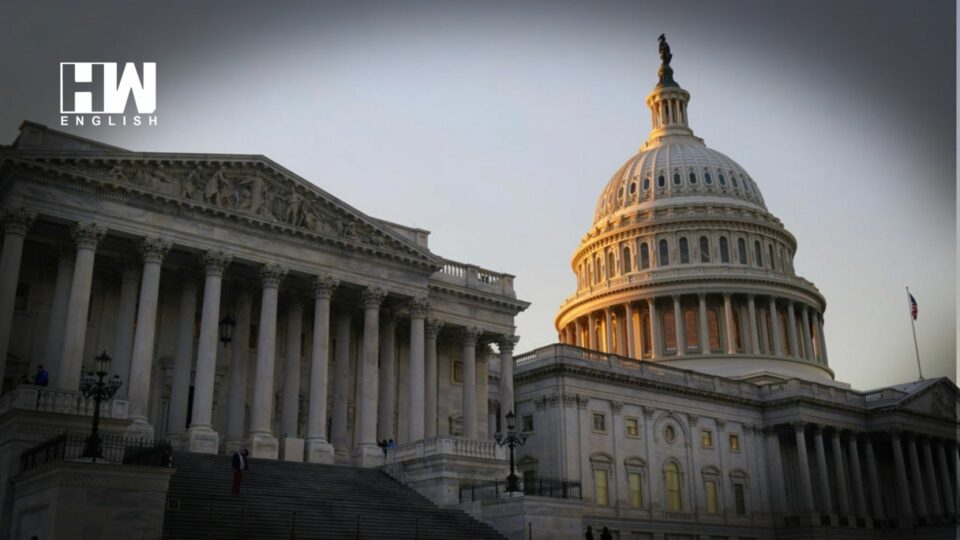The US House of Representatives passed a temporary funding bill to avert a partial government shutdown, sending it to President Joe Biden for approval. Passing 314-108, the measure ensures government funding through early March. Despite bipartisan support in the Senate, some House Republicans opposed it.
The stopgap bill aims to buy time for lawmakers to finalize a full-year budget as disagreements persist between Democrats and Republicans on spending levels. The bill, known as a “continuing resolution,” extends last year’s spending levels and covers government agencies until March 1 and 8. A snowstorm accelerated the vote’s timing. The broader budget negotiations have been hindered by divisions over spending cuts and immigration reforms.
The current funding extension is crucial for key federal agencies, preventing thousands of employees from facing unpaid leave. House Republicans, particularly hardliners, are divided on supporting stopgap bills without significant spending cuts. The extension gives Congress time to agree on legislation funding the government through the fiscal year ending in September.
The last-minute resolution averts a shutdown that would impact various government functions, including defense, justice, border security, and transportation. Congress passed a continuing resolution in November 2023, extending funding until January 19 and March 1 in January 2024. Shutdowns disrupt agency operations, furlough non-essential workers, and affect essential services.
Notable shutdowns include the 21-day shutdown in 1995–1996, the 16-day shutdown in 2013, and the 35-day shutdown in 2018–2019. Shutdowns occur when funding legislation is not enacted before the fiscal year begins, reducing government activities and services. The recent extension provides time to address budget disagreements and prevent further disruptions.
As an independent media platform, we do not take advertisements from governments and corporate houses. It is you, our readers, who have supported us on our journey to do honest and unbiased journalism. Please contribute, so that we can continue to do the same in future.

